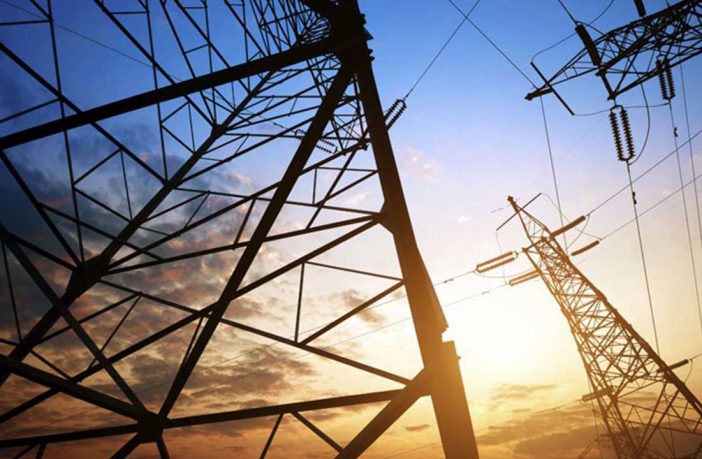- Mozambican President, Filipe Nyusi has announced the abolition of connection fees for domestic connections to the national electricity grid.
- Previously anyone applying for an electricity connection to their home had to pay a fee of 3,500 meticais (about 47 US dollars, at current exchange rates).
At his inauguration speech, at the start of his second term of office, in January, Nyusi had promised to abolish the connection fee. “The conditions now exist to fulfil the promise that was made”, he said, at a ceremony last Friday, in the central province of Zambezia, where he was inaugurating the connection of the administrative post of Alto Ligonha to the national grid. “As of today, 11 December, the fee charged for new electricity connections is abolished”.
“I repeat, so that it is clear”, he insisted. “As of today, the connection fee will no longer be charged. I am informing all those who are requesting new electricity connections. The client should only pay for what he consumes”.
He warned all electricity users to be on the lookout for possible acts of corruption. “There will be those who want to take advantage”, said Nyusi. “Perhaps they live off this, wanting to come round to your houses, saying you have to pay this or that. Just as they did in the case of school fees, when we said that school enrolment up to ninth grade was free of charge. They don’t accept. But the government is saying that, as from now, throughout the country nobody pays the connection fee”.
Nyusi claimed that eliminating the connection fee removes one of the greatest barriers to access to electrical power by the majority of the population. It brings immediate benefits to household income through a saving of 3,500 meticais.
The government’s target is universal access to electricity by 2030. By 2024, there should be two million new connections (benefitting more than 10 million people). By then all administrative post headquarters should be electrified, in an investment of about 500 million dollars by the government and its cooperation partners, including the World Bank and the European Union.
Through these measures, it is hope to raise the number of people with access to electricity in their homes from the current 34 per cent of the population to 64 per cent.
Author: Bryan Groenendaal











